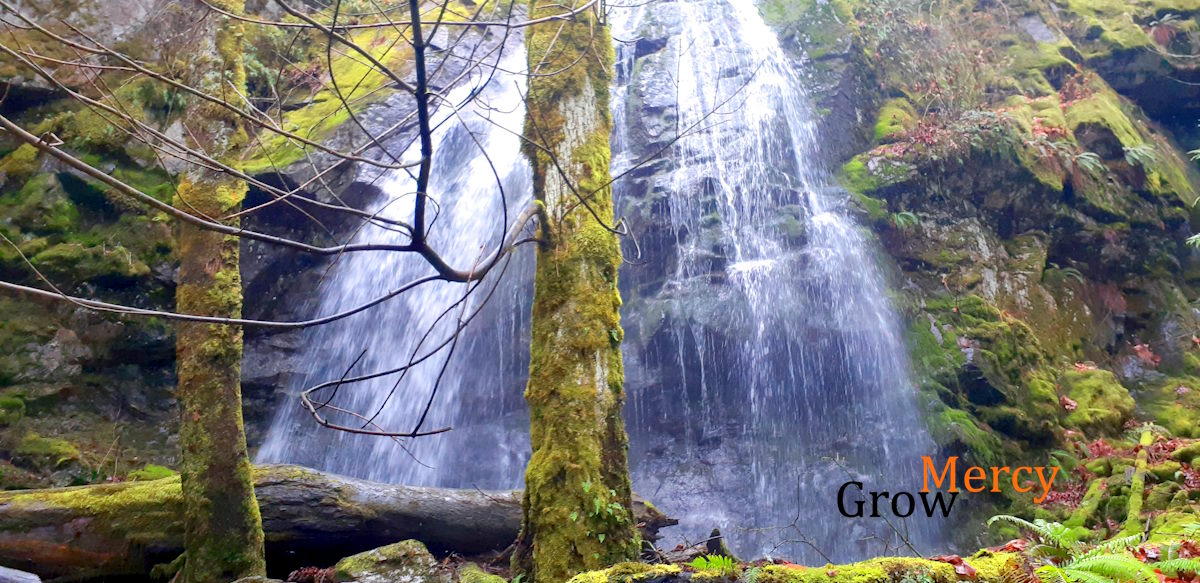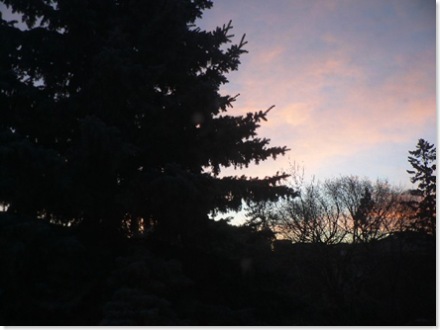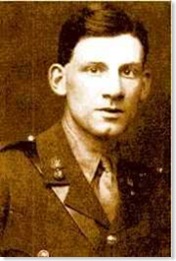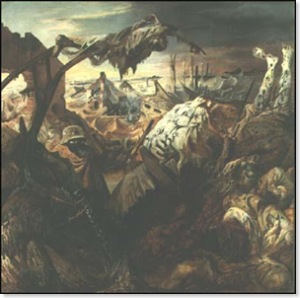Saturday, at the cabin, I listened to two Blue jays argue. They broke off only to fly to a new tree and a new perch where they took up the quarrel anew. Blue jays, or Western-scrub jays, which these could have been, are territorial and so I considered their argument exactly that. Eventually, on one tree, the argument resolved itself. A bilateral agreement was birdally enacted.
I share this little patch of ground with occupants I didn’t invite but were here long before I was. I take comfort in knowing they are welcomed here. I take comfort in the growing squirrel midden under the spruce and beside the old wooden-spoked wagon wheel. I take comfort and am warmed by the circle of fire built from the Black poplar that have changed form and now lie on the floor of the woods.
The smallest of arachnids as landed on my page. Smaller than print, the brown spider fits nicely inside a lower-case “o.” I lower my book and let her float to the ground.
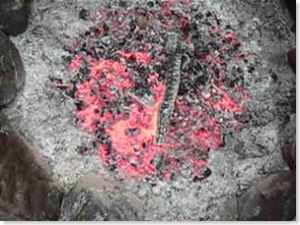 It’s hard to imagine from my chair by the embers that the world is bleeding over unresolved territorial quarrels. But then, perhaps not. I have blood on my own hands. How often have I peered through hooded eyes to reach out and grasp a centrepiece or a moment not meant for me?
It’s hard to imagine from my chair by the embers that the world is bleeding over unresolved territorial quarrels. But then, perhaps not. I have blood on my own hands. How often have I peered through hooded eyes to reach out and grasp a centrepiece or a moment not meant for me?
But somewhere there is liberty. Somewhere there is a fascinating freedom. But it is not within my self. It is in another. I am only and always set free by another. Someone outside of my rivalrous self. Someone moving beyond rivalry.
The Blue jays’ migration remains a mystery. One will stay far north and another will fly. Some will stay one year and leave the next. One will migrate on que–in season, and another will arrive. I like to imagine the jays’ migration mystery an elaborate system to keep themselves free of damaging ongoing territorial disputes.
